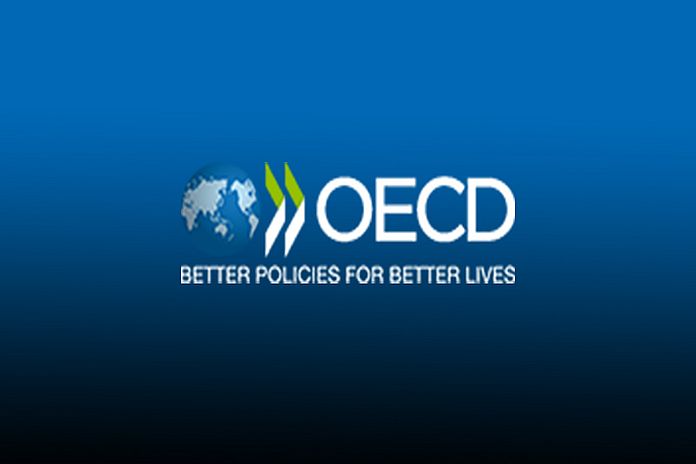PARIS, France – A year after the international community reached a landmark agreement on a two-pillar solution to reform the international tax rules to address the tax challenges arising from globalisation and digitalisation, strong progress continues towards its implementation.
During the 14th Plenary meeting of the OECD/G20 Inclusive Framework on BEPS, which drew more than 500 delegates from over 135 countries and jurisdictions, delegates agreed to release a new Progress Report of the Administration and Tax Certainty Aspects for public consultation.
This Progress Report includes the rules on the administration of the new taxing right under Pillar One, including the tax-certainty-related provisions and follows the release of the first progress report for public consultation in July. These two reports, along with a series of rolling public consultations earlier this year, provide a clear overview of the proposed overall design of the rules and how the rules will operate in practice.
“A year has passed since countries agreed a ground-breaking deal to address the tax challenges arising from the digitalisation and globalisation of the economy, and it has been marked by hard work to ensure swift implementation of this essential international reform package,” OECD Secretary-General Mathias Cormann said.
The Inclusive Framework will aim to finalise a new Multilateral Convention for implementation of Pillar One by mid-2023, for entry into force in 2024.
As governments turn to the adoption of the global minimum tax, a new report on Tax Incentives and the Global Minimum Corporate Tax presents concrete considerations for emerging and developing countries to consider as they prepare for implementation. The report, which builds on previous OECD work in this area, focuses on the need to reassess tax incentives in light of Pillar Two and offers a number of considerations for policy makers, particularly in developing countries.
The Inclusive Framework meeting also discussed capacity building initiatives including the roadmap for developing countries and the latest progress report of the Tax Inspectors Without Borders initiative.
During the event, Mongolia also became the 100th jurisdictions to join the multilateral BEPS Convention which now covers around 1850 bilateral tax treaties worldwide.





